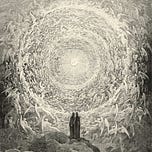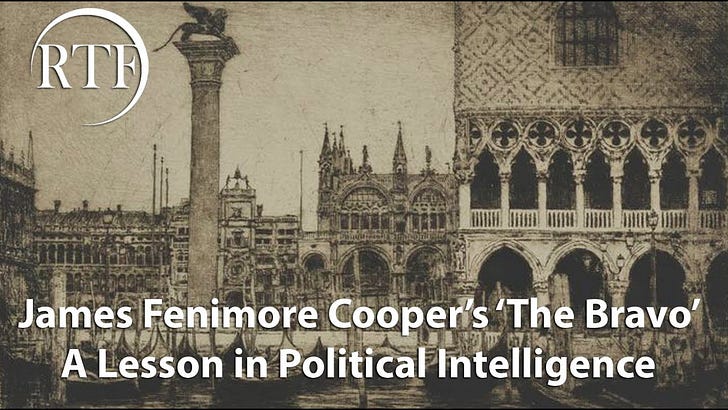For the written version of this article refer here.
Game theory, the mathematical theory of games of strategy, was developed by John von Neumann in several successive stages in 1928 and 1940-41, according to his book “Theory of Games and Economic Behaviour” which he co-authored with Oskar Morgenstern.
The crux of the theory is that an individuals’ behaviour will always be motivated towards achieving an optimal outcome, which is determined by self-interest. An assumption made is that the players in such a game are rational, which translates to, “will strive to maximize their payoffs in the game”. In other words, it is assumed they are motivated by selfish self-interests.
Over the years, other contributors such as John Nash (Nash equilibrium) and John Maynard Smith (evolutionary stable strategy) have added to the theory and we are now at a point where it is considered by many to be an essential tool when modelling economic, political, sociological or military behaviours and outcomes, and is taught as such in many prestigious universities as something pretty much set in stone.
But what if we have made a terrible mistake?
After all, it is acknowledged by the theorists themselves that the entire functioning of their model relies upon the assumption that we are governed by rational selfish behaviour, and that they feel confident about this assumption since reality has apparently confirmed this fact to them. But what if this game is not objectively mirroring a truthful depiction of us? What if this game has rather, been used as a conditioning tool, a self-fulfilling prophecy, a positive feedback loop?
How can we know what is true? How can we know what kind of a person we truly are and not what we have been conditioned to think of ourselves as?
Cynthia Chung is the President of the Rising Tide Foundation and author of the books “The Shaping of a World Religion” & “The Empire on Which the Black Sun Never Set,” consider supporting her work by making a donation and subscribing to her substack page Through A Glass Darkly.
Also watch for free our RTF Docu-Series “Escaping Calypso’s Island: A Journey Out of Our Green Delusion” and our CP Docu-Series “The Hidden Hand Behind UFOs”.









Share this post